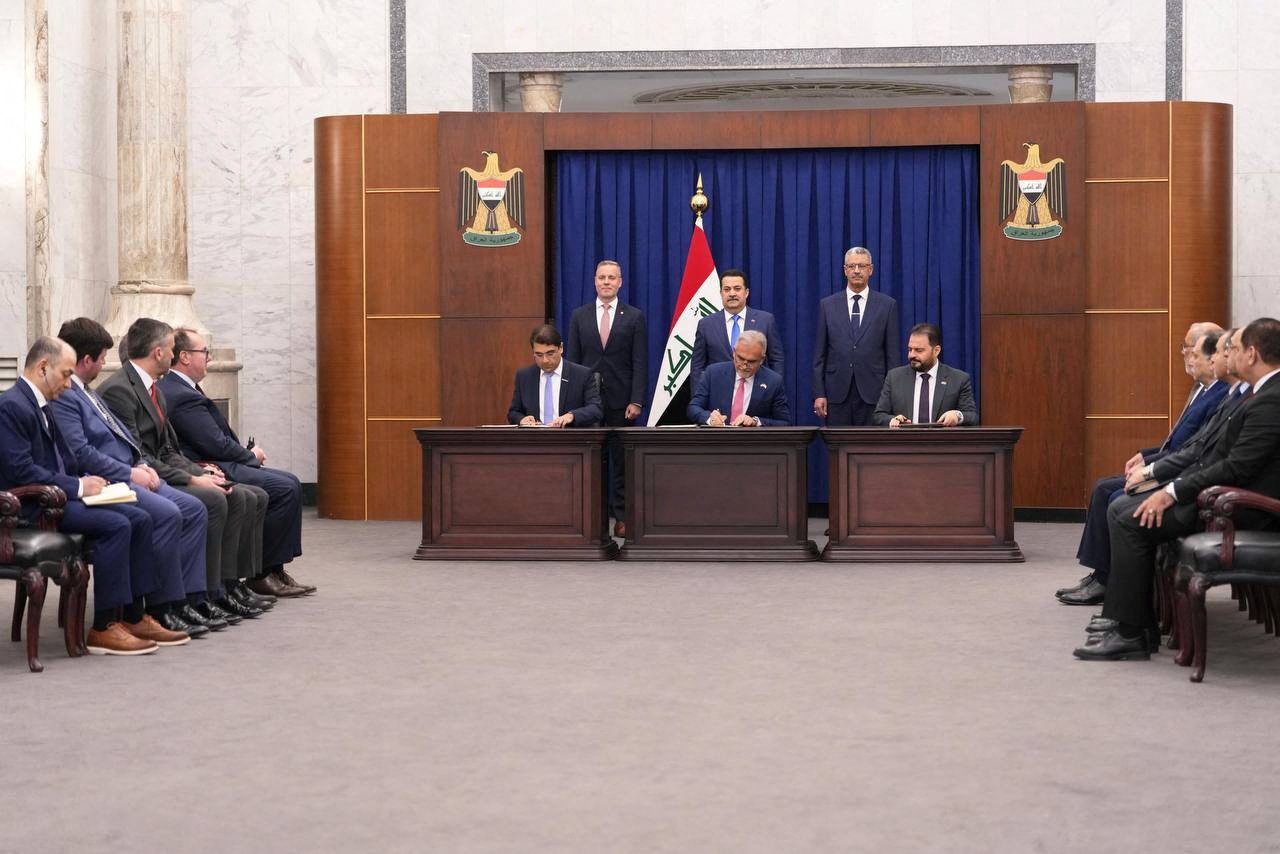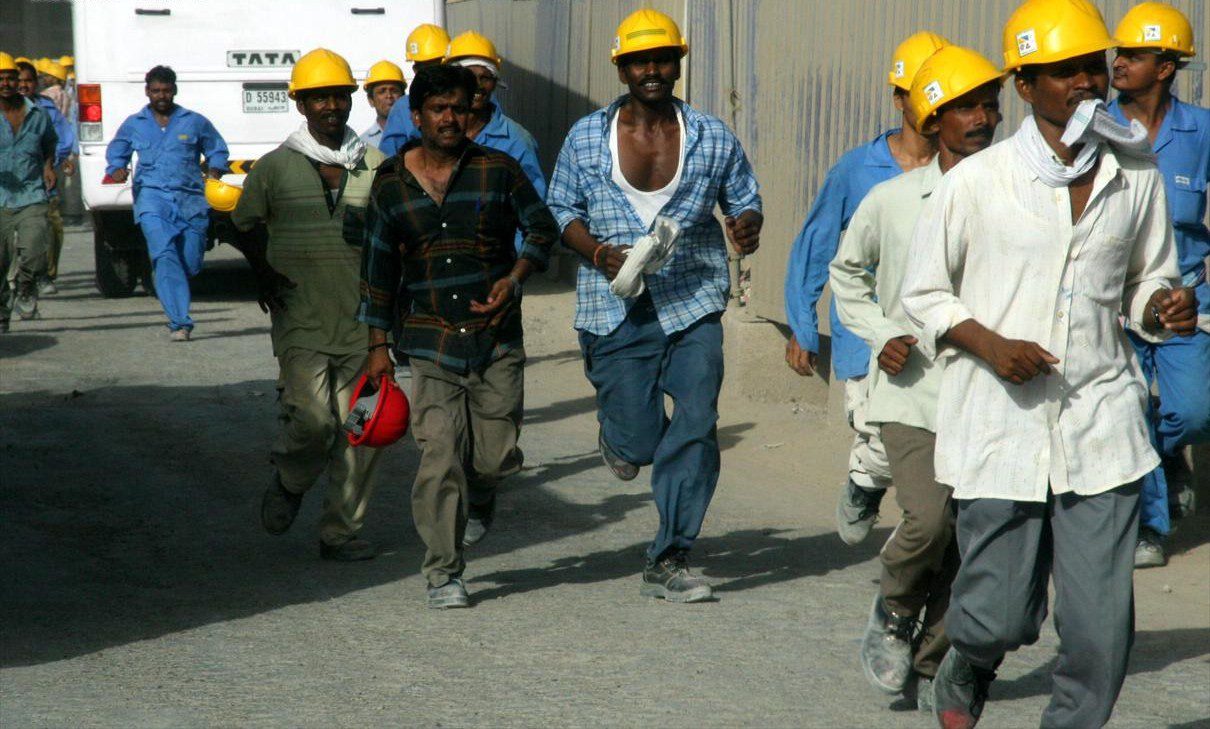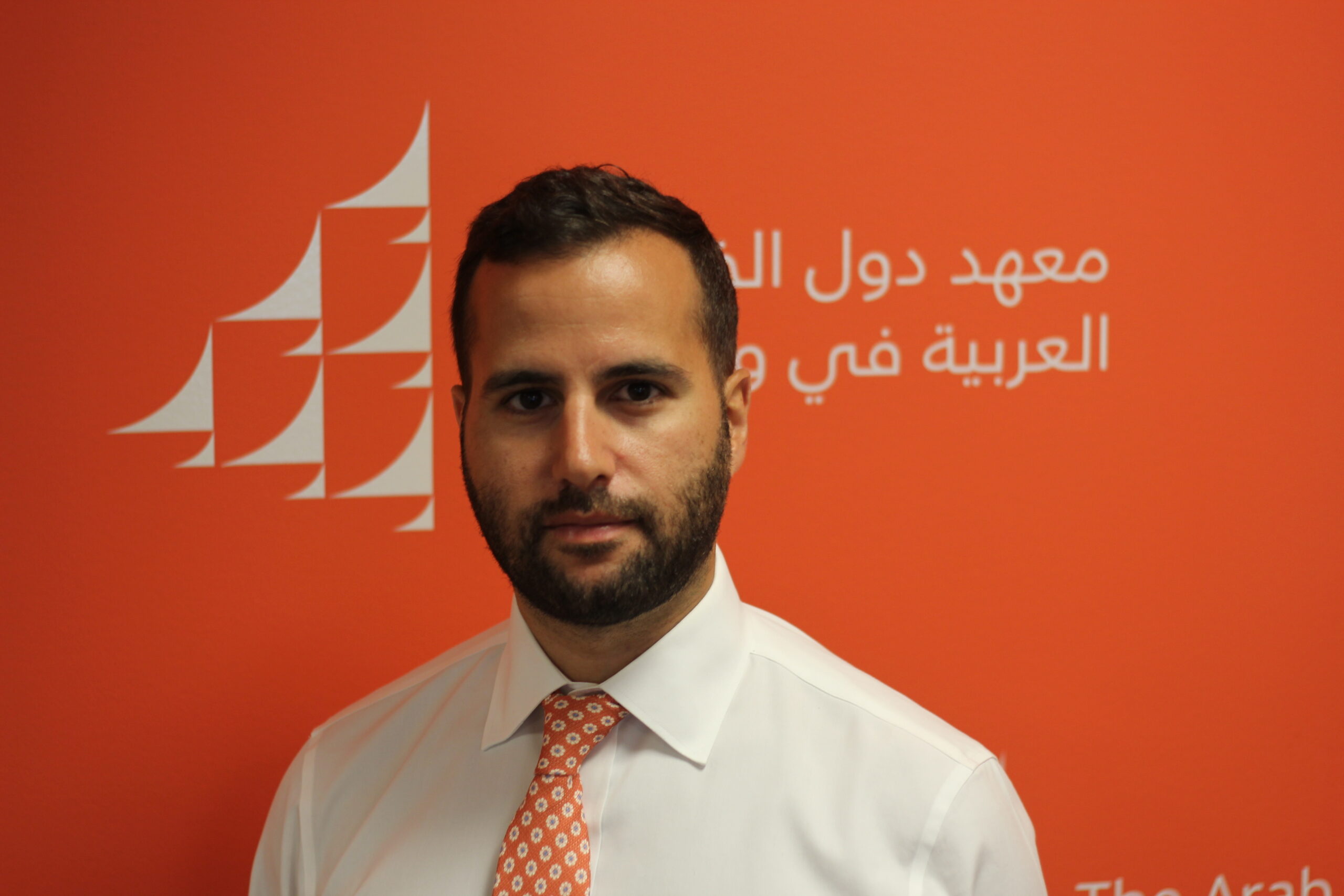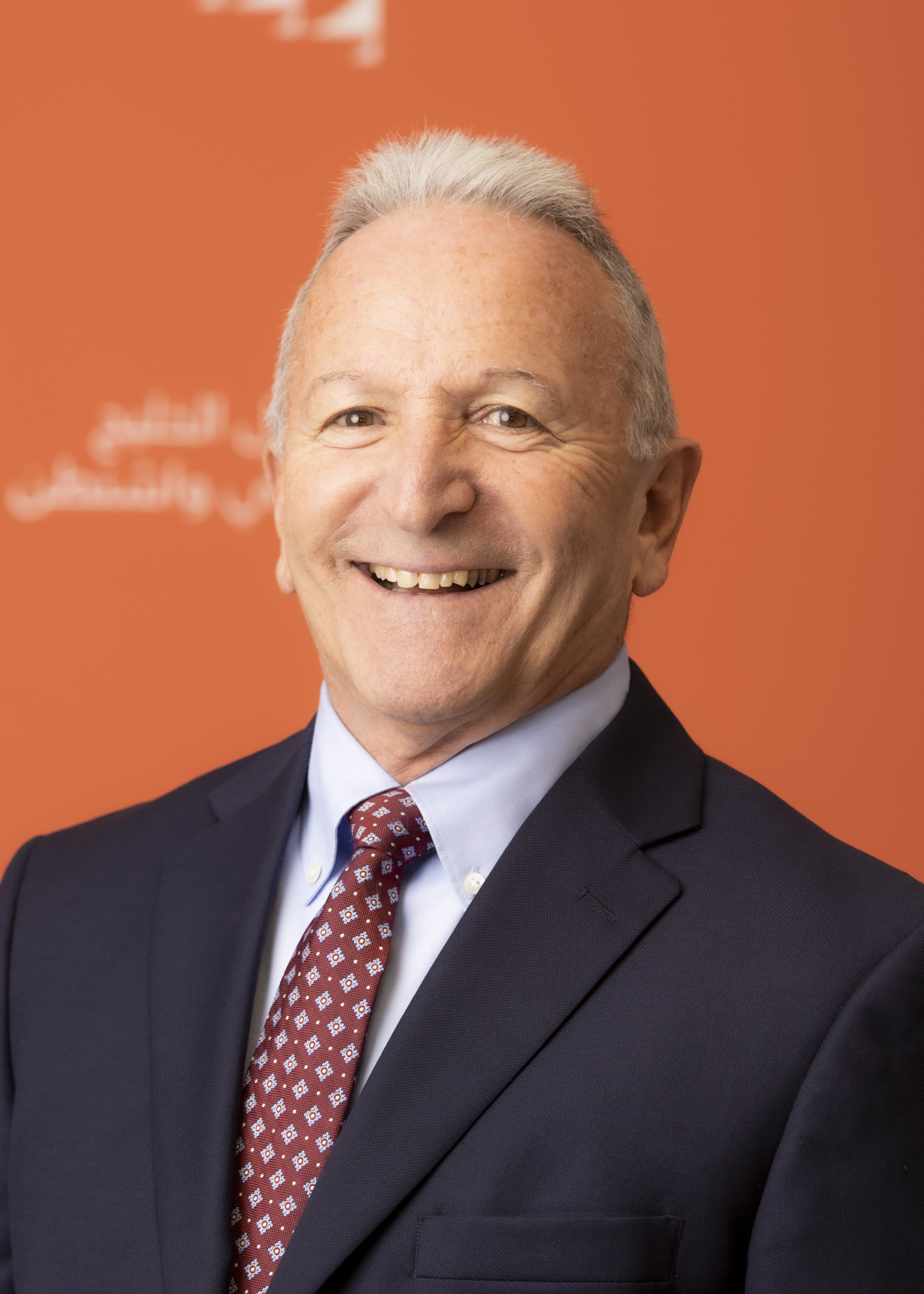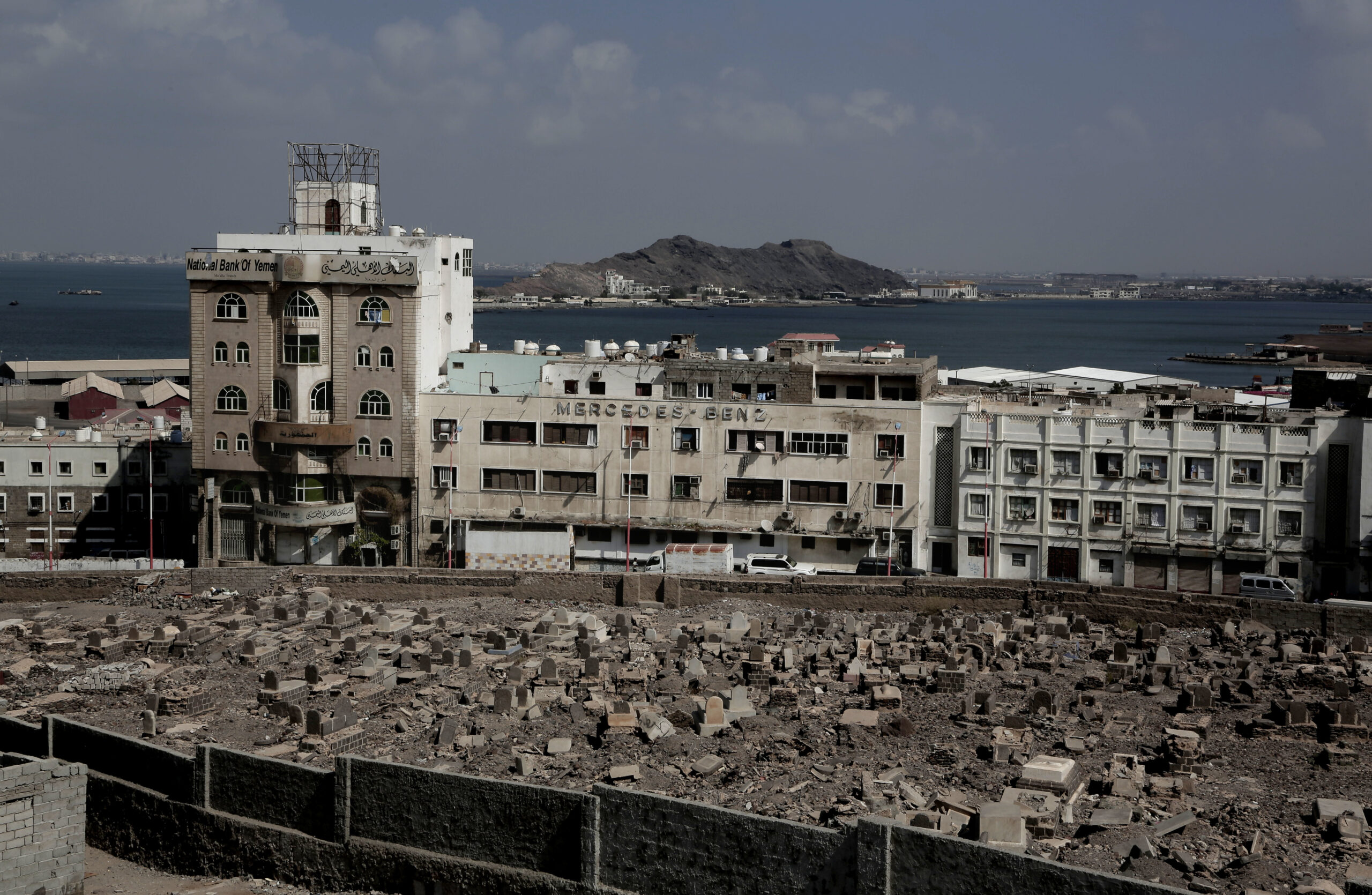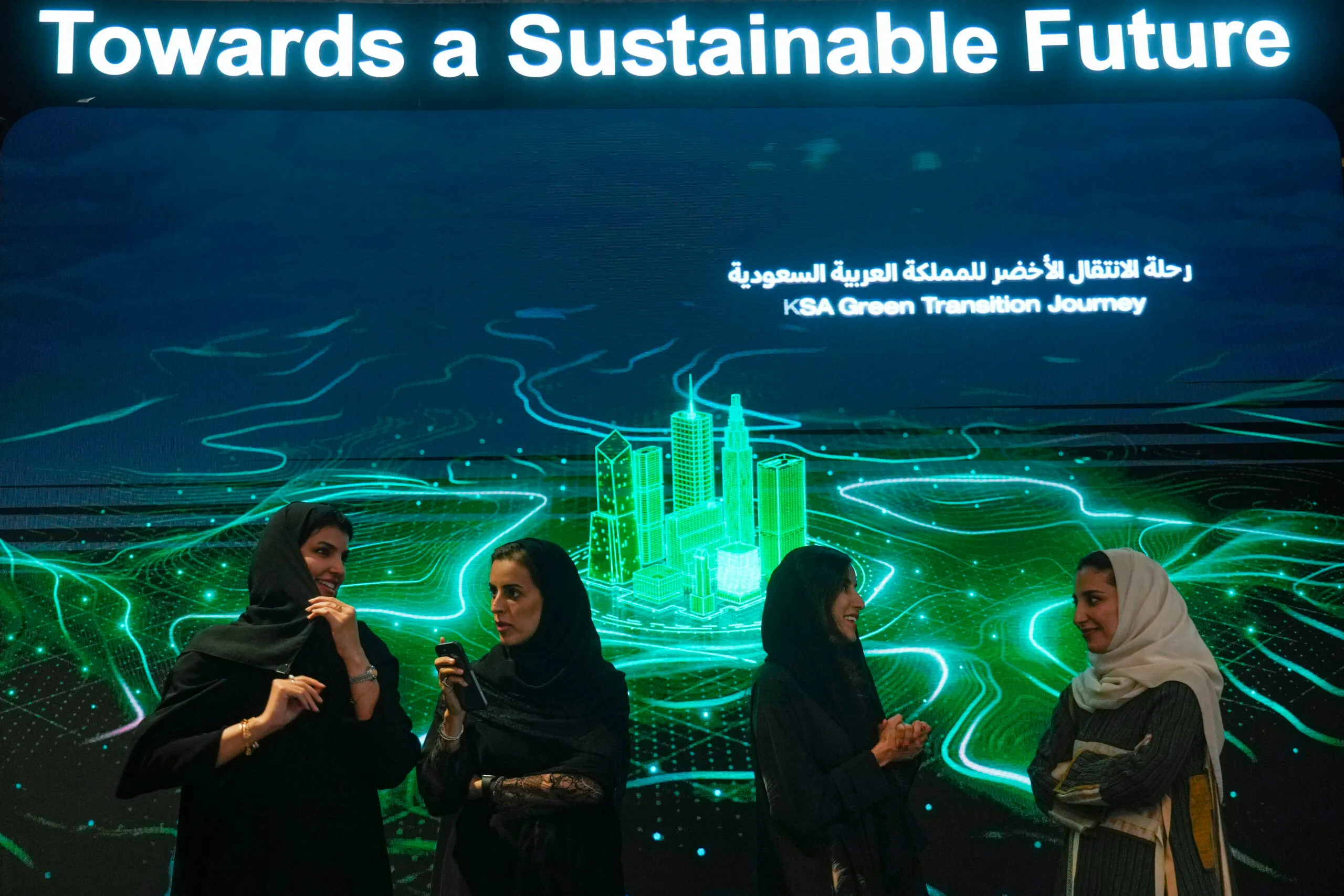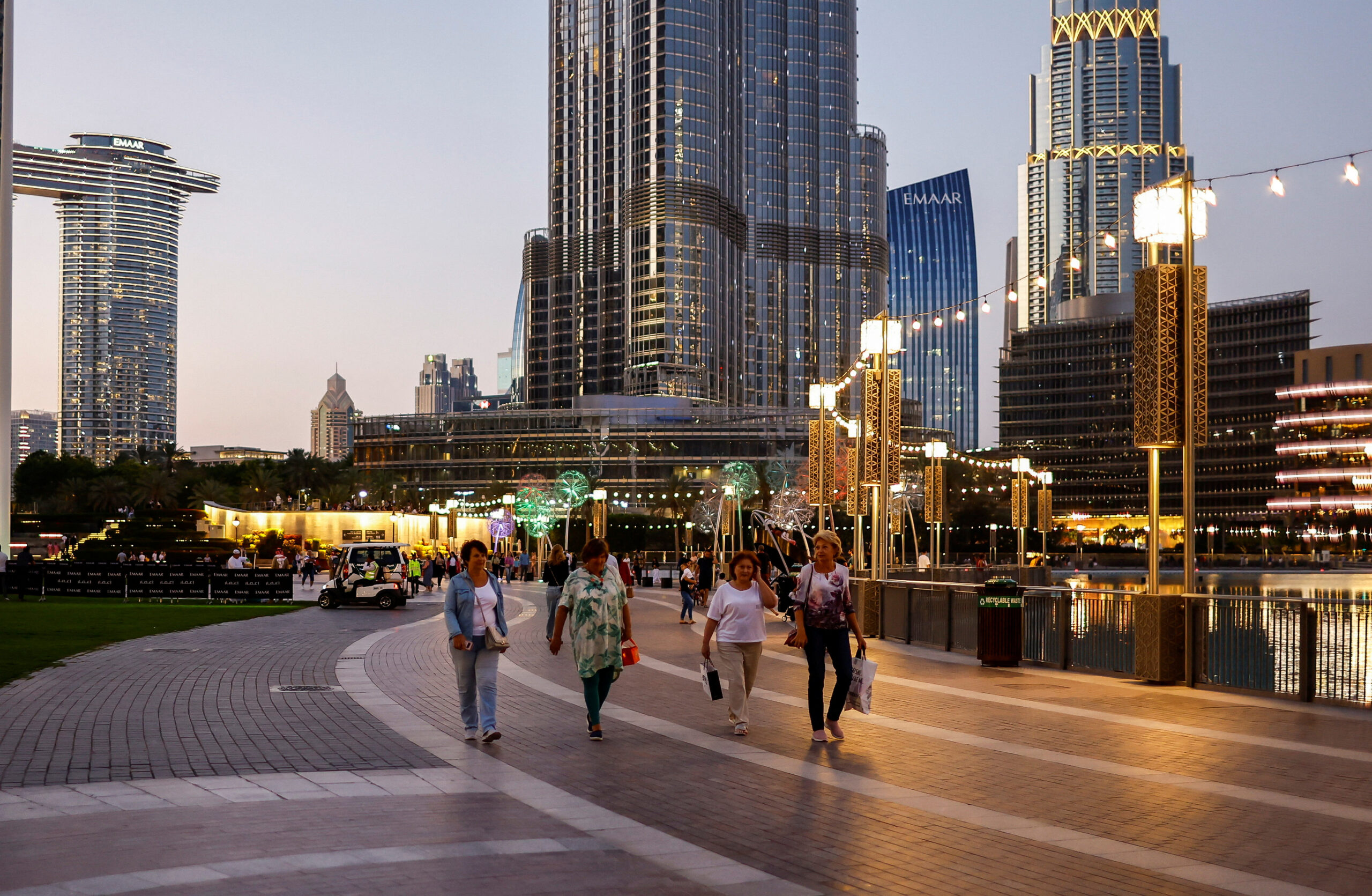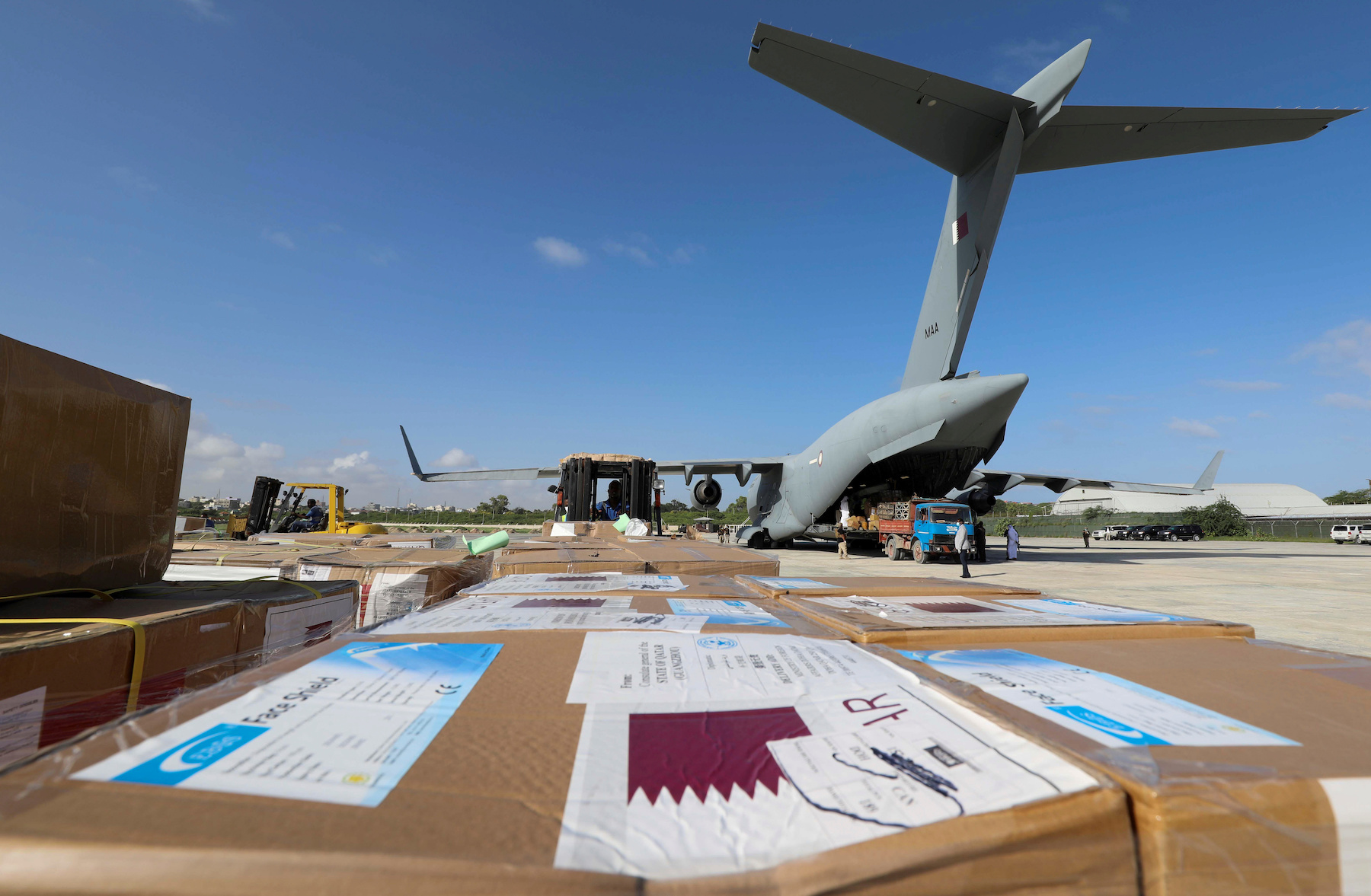Unlocking Growth: How the Gulf Security Sector Can Lead Economic Diversification
The vast reorganization of fiscal policy in the Gulf Arab states has upended decades of practice in cyclical government spending tied to oil revenue.
2 min read

Executive Summary
The Gulf Arab states have been investing in their military capacities for decades. That spending commitment has mirrored a growing ability and willingness to shape the security environment of the wider Middle East and North Africa region, as evidenced in direct military interventions in Bahrain, Yemen, and Libya and military support in Syria. With this increased capacity and political will also come an opportunity for economic diversification. The vast reorganization of fiscal policy in the Gulf Arab states has upended decades of practice in cyclical government spending tied to oil revenue. Efforts to reduce government expenditure include the spin-off of state-owned assets and ventures to the private sector.
Defense industries and the security sector at large are a key target of potential private sector investment, employment opportunity and growth, and a means for the state to share the expense of technology development. Moreover, defense industries can have a multiplier effect on economic development, as an incubator of new technology and a hub of knowledge creation. To be most effective, state and private investment must work in partnership to create a pipeline from K-12 science education to manufacturing training, market analysis, production, and delivery. This paper offers a brief survey of current defense industry market and production capacity in the Gulf Arab states and articulates the rationale for diversification in the security sector.
About the UAE Security Forum
Raytheon Company is the sponsor of the UAE Security Forum 2017.
The past half century has seen unprecedented modernization and growth among the oil-rich Gulf Cooperation Council countries, which today rank among the world leaders in per capita income. However, GCC leaders recognize that oil resources alone cannot sustain economic prosperity over the long term, and so are seeking to create a diversified private sector that generates income from a variety of thriving industries. The transformation of Gulf economies requires a restructuring from existing patterns of state-led industrialization and dependency on government expenditure, to new policies that promote economic inclusion of men and women, citizens and non-nationals, in these dynamic and youthful societies. To further our understanding of how the GCC countries, especially the United Arab Emirates, can achieve this ambitious goal, UAESF 2017 will outline the major challenges for and roadblocks to economic transformation, as well as opportunities for success.
Under the patronage of H.E. Sultan Al Mansoori, the minister of economy of the United Arab Emirates, the second annual UAE Security Forum brings together decision makers and business leaders to identify promising opportunities for private sector growth and innovation with special attention to the security sector, as an engine of economic growth, job opportunities, and technological advancement. For more information visit www.uaesf.org.
The views represented herein are the author's or speaker's own and do not necessarily reflect the views of AGSI, its staff, or its board of directors.




